Foundations of Detection with Kevin Sheldahl
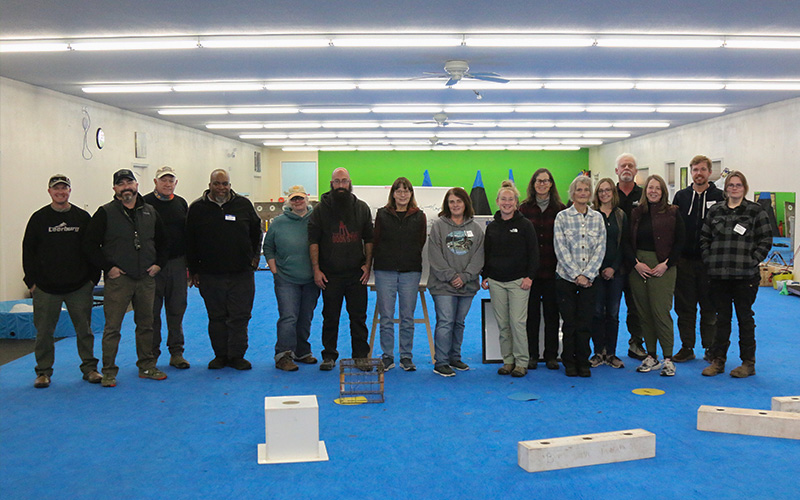
On Monday, November 10, we concluded a three-day scent work/detector-dog seminar at Leerburg led by Kevin Sheldahl. It was not just good—it was exceptional—among the best seminars we have ever hosted. Led by one of the nation’s most qualified detection dog trainers, this 3-day workshop covered odor recognition, alerts, indications, and search foundations for all detection disciplines.
Kevin’s company, K-9 Services, has trained new police K-9 handlers for more than 20 years. This was his first seminar open to civilian trainers. Few professionals in the U.S. can match Kevin’s depth of experience in detector-dog training.
Drawing on 45 years as a K-9 handler, instructor, and international police-dog judge—as well as an American Schutzhund judge—Kevin delivered a comprehensive program. We welcomed a terrific group of trainers from Virginia, Pennsylvania, Chicago, western Minnesota, and beyond. Just to give you a feeling for Kevin’s experience. K-9 Services runs 6-week courses for new police K9 handlers, each class has 10 to 20 new dog handlers. Kevin just finished his 71st class.

Many brought their dogs who were new to scent work and left with a wealth of practical knowledge. We filmed the lectures and training with three—and at times four—cameras and have already begun editing the footage into a new Leerburg online course.
Kevin opened with an in-depth lecture on the foundations of scent work, detailing how to introduce a dog to odor and how to establish solid search fundamentals. Because most dogs in attendance were beginners, we captured excellent material on how to properly start a dog scent work. While three days naturally limits how far each team can progress, our training room is set up for advanced training —and we had a finished police K9 for demonstration. This allowed Kevin to illustrate the next, more advanced steps.
I’ve been attending and sponsoring dog-training seminars for more than 50 years. When students are fully engaged from the opening minute to the final moment of the day, you know you’re witnessing something special. It really warmed my heart and made me very proud to have been a part of something like this.
Although this seminar focused on foundational scent work and search, the participants persuaded Kevin to return for two follow-up seminars covering intermediate and advanced work. He has agreed to do so as his schedule allows, and he will also present a seminar on training with aversives (remote collars).
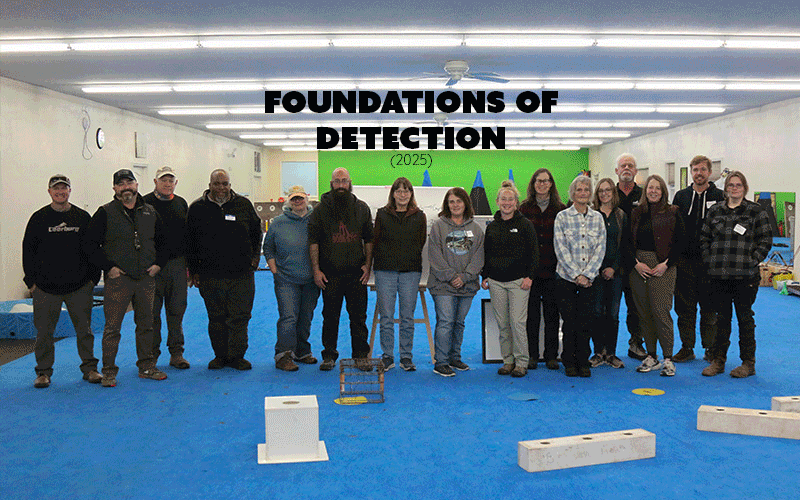
Seminar Outline
FOUNDATIONS OF DETECTION TRAINING
The beginning of developing the detection canine regardless of discipline
- WHAT ARE THE GOALS OF DETECTION TRAINING FOUNDATIONS?
- Indication
- Alert
- Find
- Odor recognition
- UNDERSTANDING REINFORCEMENT
- Rewards are reinforcement
- Reinforcement is not dependent on rewards!
- Classical Conditioning
- Instrumental Learning
- METHODS FOR ASSOCIATING ODORS DURING FOUNDATION DEVELOPMENT
- Primary Rewards
- Pairing/reinforcement sources
- Markers
- Handler Involvement
- Secondary rewards
- Slight of hand
- Markers
- Handler involvement
- Food vs. Object?
- Primary Rewards
- UNDERSTANDING THE CLEVER HANS EFFECTS/AND SPECIAL CANINE ATTRIBUTES
- Who was Clever Hans?
- Monkey Stuff
- Of wolves and dogs
- Effects on training/deployment outcomes
- EQUIPMENT POSSIBILITIES
- Gadgets and detection training
- Various boxes/containers for odor introduction
- Boxes for movement and odor recognition
- Vertical Boards for indication development
- Vertical Boards for odor recognition
- Leashes, harnesses, collars, etc.
- GETTING STARTED
- Before we start
- Which approach for which dog?
- Priorities based on deployment/competitions?
- Training the dog in front of us
- SUCCESIVE APPROXIMATION
- Expectations
- Mood/motivation, frustration
- Understanding your specific goals for the training scenario
- INDICATIONS/BREAKING IT DOWN
- What works
- What we expect in training and in the field
- How to get there
-
Understanding flushing behavior vs. Obedience
- Why is this important in foundations
- BEGINNINGS OF SEARCHING
- White Boxes and their use
- Vertical Boards and their use
- INTRODUCING A RITUAL
- Anticipation & dopamine
- Communication
- Harnessing social behaviors
- REINFORCEMENT SCHEDULES
- Now and in the future
- Why bother?
- PROBLEM SOLVING
- Indication development common behaviors
- Odor association
- PREPARING FOR THE NEXT STEPS IN DETECTION
- Although the subject of future workshops it is best to set. Up for success!
- Exercises to facilitate transitions
- Reinforcement
- Patterns
- Generalization
- Understanding your dogs hunting abilities and intrinsic behavior or lack thereof



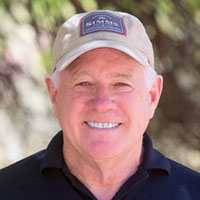
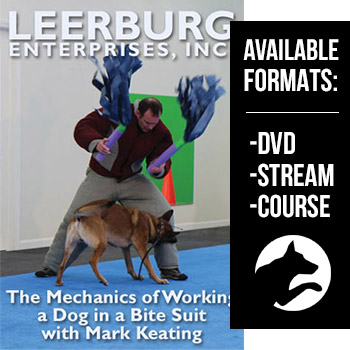

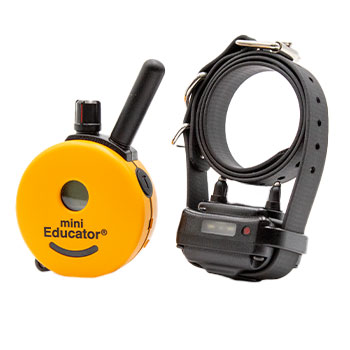
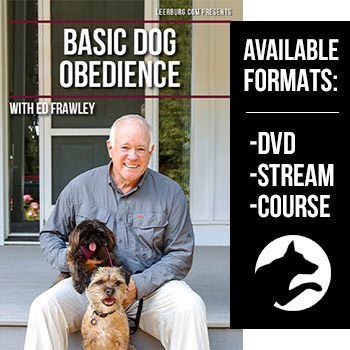
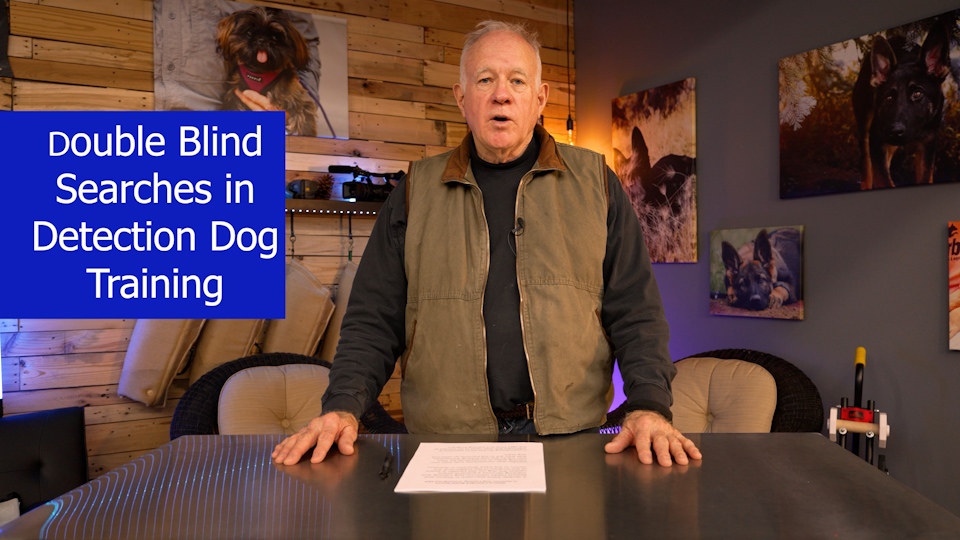
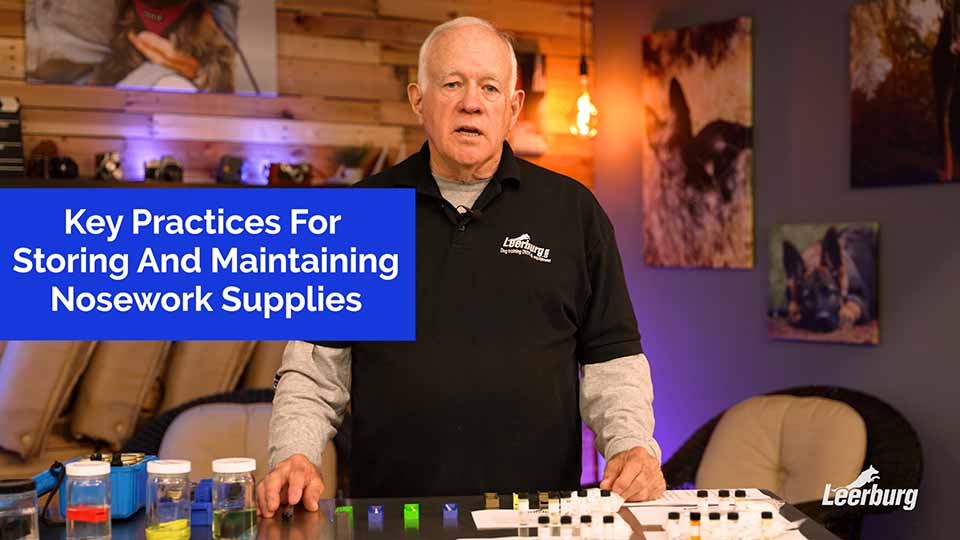
Ask Cindy.